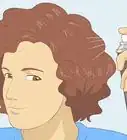This article was co-authored by Nikia Londy. Nikia Londy is a Hair Augmentation Specialist and the Founder and CEO of Intriguing Hair, a one-stop solution for women from all ethnicities wanting to purchase high-quality human hair extensions, hairpieces, and wigs. With over 16 years of experience, she specializes in artificial hair integrations, hair extensions, hair loss, hairpieces and wigs, and non-surgical hair replacement. Nikia holds a BA in Organizational Leadership from Charter Oak State College and received her Cosmetology Certification from Blaine Beauty School. She is also a member of the American Hair Loss Council.
There are 10 references cited in this article, which can be found at the bottom of the page.
This article has been viewed 43,522 times.
You want to spruce up your wig with curls, but you’re afraid to damage it. Fear not. You can use sponge rollers, a curling iron, dowel rods, or a straightening iron with pins to curl it. With the proper treatment, your wig will be full of bouncy curls.
Steps
Curling a Wig with Sponge Rollers
-
1Brush the wig to remove all the tangles before curling it. It's best to use a wig brush, which is designed to remove tangles from wigs. Move the wig brush through the wig, starting at the lower end of the strands and moving up the length of the hair as you brush.[1]
- If you don't have a wig brush, use a wide-tooth comb, which will detangle the hair more easily than a hair brush or a comb with closer-set teeth.
-
2Create sections of hair using clips. Pull all the wig’s hair to the top of the mannequin’s head. Leave a layer of hair as a bottom section to start curling. By curling a layer of hair at a time, you will do a thorough job.Advertisement
-
3Wrap a small section of hair around one roller at a time. The section should be no bigger than 2 inches (5.1 cm). Roll it all the way up to the root while keeping the hair as neat as possible. Clip the roller in place using the roller’s latch. Continue this for each section of hair in that bottom track of hair until it’s all rolled up.
- Keep the curls as neat as possible so you get a clean ringlet look when you unroll it.
- If the roller doesn’t stay in place, re-roll the hair tighter.
- Repeat with the rest of the sectioned off hair until it’s secured in curlers.
-
4Apply heat to the rollers with a blow dryer, if your wig is natural hair. Turn the heat setting on warm and airflow on high. Hold the blow dryer on each roller for no longer than 60 seconds.
- If you use too much heat, the curls will look messy with stray hairs sticking out.
- If your wig is made of synthetic hair, DO NOT apply heat to it. The heat will melt synthetic hair, ruining your wig.
-
5Remove the rollers from the wig. Gently unwind each roller rather than pulling them out of the hair. Unwinding them gives the wig nicer ringlets. Run your fingers through the curls for a more natural look.
Using a Curling Iron
-
1Place your wig on your head or a mannequin head. You can curl your wig while it's in place on your head, if you like. This allows you to create exactly the style you want. However, it might be easier to curl the wig on a mannequin head, especially when you're styling the back of it.
-
2Heat the curling iron. A good heat setting to start with on a curling iron is 180 °F (82 °C), because it’s low enough where it won’t cause damage, but it still curls the hair. Do a heat test on a small patch of the wig at the base of neck or an under layer, because this is a discrete place where no one will notice any damage. Avoid hair that goes around the face or from a top layer. If the curling iron is too hot, the wig will either frizz out or melt. [2]
- Read the label of all wigs or synthetic hair to see if it can tolerate heat.
-
3Comb out the wig so it’s free of tangles. It’s much easier to curl hair when it’s tangle free. To brush it, use a wig brush or wide-tooth comb, which will detangle hair a lot easier than a hair brush or a comb with closer-set teeth. Move the wig brush or comb through the wig starting at the lower end of the strands and move up the length of the hair as you comb.[3]
- You can also soak your wig in a bowl of cold water and 1 tsp (4.9 mL) of shampoo to detangle it. This alternative can also clean the synthetic fibers.
- Don’t stretch, pull, or rub the wig against itself, as this can tangle it further. Just swirl it around the bowl. When you empty the bowl, refill it with cold water and conditioner and repeat the swirling process.
-
4Section off the wig hair evenly using a rat-tail comb. With the rat-tail comb, move up a weft and clip all the sectioned hair to the top of the head. Use large clips to section off the hair until you have one bottom layer of hair to start curling.[4]
- Bigger sections will give you bigger, looser curls, and smaller sections of hair will make tighter ringlets.
-
5Start curling the bottom layer of hair. Wrap a small section of hair from this layer around the curling iron and hold for a few seconds. Pin the curls up to allow the heat to set the fibers in a curly shape. look.[5]
- As you create the pin curls, apply hairspray so the curl keeps its shape.
- Some curling irons require you to wrap the section of hair starting at the top or bottom of the hair, depending on whether you’re using a curling wand or a curling iron with tongs.[6]
- Wands come with a protective glove for your hand, because you have to hold the hair in place on it.
- Curling irons with tongs will hold hair in place once it’s secured in the metal grip of the iron.
-
6Leave the curls pinned against the head for a minute. The heat will set and cool in the pin curls to hold the style. If the curls are cooled off when you feel them with your hand, unpin them and brush that layer of hair out to create a natural curly look.[7]
-
7
-
8Loosen all the curls with your fingers to blend them. This is optional if you want a natural and softer look to curls. Use your fingers to separate individual curls to create smaller, fluffier ones throughout.[10]
-
9Set the style with hairspray. If you want tight curls, spray each one individually as soon as they’re taken out of the pins. For relaxed curls, spray them when you’ve finished curling all the hair.[11]
- Hold the hairspray at least 8 inches (20 cm) away from the wig to prevent product build up and a shellacked look.
Using Hot Water and Rods
-
1Boil water to pour over the wig. You should test the temperature after it’s done boiling, because it should be around 170 and 180 °F (77 and 82 °C) for curling. Hotter than that will melt synthetic fiber. Let the water cool for a couple minutes after you take it off the heat, because it will be too hot to use right away.
-
2Detangle the wig with your fingers or a wig brush. With the wig on a flat surface, such as a table or counter, run your fingers through the strands gently to untangle it.[12] You can also work a wig brush or wide-tooth comb from bottom to top of the wig.[13]
- Another way to detangle a wig is by soaking it in cold water with conditioner.
-
3Curl sections of hair around dowel rods. Use end papers to secure the ends of the hair to the rods. You'll fold the end of the hair between a rod, then wrap the rest of the hair. Test a small section of wig hair with the heat to be sure it won’t all melt. If it melts, the water is either too hot, or the wig isn’t heat resistant.
- If you don’t have wooden dowel rods, use another heat-safe tool, such as a wooden spoon.
- You can also use perm rods to curl the wig, because they have rubber bands to stay secure in the hair. When using perm rods, you will need to wet the hair before submerging it in hot water.[14]
-
4Pour the hot water over the prepped wig into a pan. Let the water saturate the wig thoroughly and leave it in the pan for 5 to 10 minutes. If you’re using perm rods, just dunk the rods into the hot water with the hair wrapped around them.
- If you’re dunking the perm rods in hot water, don’t hold the perm rods in the water for more than 6 seconds.[15]
-
5Take the wig out of the water and let it dry for 3 hours. Leave the rods in the hair to let them form the curls. They may take a few hours to a day to dry. If you want to speed up the process, use a blow dryer, but keep it on the lowest heat setting.
- If your wig is made of synthetic materials, only use the lowest heat setting and be cautious, as you can damage the wig. For a natural hair wig, you can usually use a higher heat setting on your blow dryer without damaging the wig.
- You can also hang the wig on a wire with clothespins to let it dry.[16]
-
6Remove the rods from the wig. Touch the wig to see that it’s completely dry before taking the rods out. Unwind them from the hair carefully so you keep the springy curl look. But if you want your curls to be fluffier and blended, use your fingers or a comb to brush them out.[17]
Curling with a Flat Iron and Pins
-
1Untangle the wig with a comb or your fingers. With the wig either on a mannequin’s head or a flat surface, run your fingers through it. If you use a wide-tooth comb, start combing from the bottom of the strands and make your way to the top until it’s detangled from top to bottom.[18]
-
2Straighten a small section of hair. You should straighten the hair before curling, because you want to start with hair that has no waves in it to create flawless curls. With the straightening iron turned to 250 to 300 °F (121 to 149 °C), run it along the section of hair until it’s straight. The section of hair shouldn’t be too much for your pin to hold later in the process. Keep sections of hair small for small curls.[19]
- Read the wig's label to make sure it can tolerate heat. Be especially careful if your wig is synthetic, as it can melt.
-
3Curl the section around the flat iron away from the mannequin’s face. Release the strand from the flat iron, and while the curl is still hot, wrap the hair around your finger. Let it set on your finger for a few seconds to form a curl shape.[20]
-
4Pin the curl up with a clip. Take the hair off your finger. It should look flat and circular. Using a flat clip or bobby pin, clip the curl up to the mannequin’s head.[21]
-
5Repeat the above step with the next section of hair. Then repeat these steps with each subsequent section of hair until you have them all pinned. Make sure you didn’t leave any loose strands.[22]
- Use hairspray while the curl is pinned in place so it will hold its shape when you unpin it.
-
6Let the pin curls set for at least an hour. An hour is enough time for the curls to form in the wig. You can also follow this process of curling before bed, so your wig can set up overnight.[23]
-
7Remove the clips and release the curls. Finger comb through the wig’s curls to blend them together. This makes the curls look more natural. You wig will have a lot of body and movement to it when you use your fingers to separate the curls.[24]
- To maintain these curls, re-pin the wig at night while it’s on a mannequin’s head.
Warnings
- You have to be extra cautious to avoid damaging synthetic hair. If you use heat to style a wig that’s not heat resistant, you may end up melting it. Read labels when you shop for wigs to see how much heat they can handle.⧼thumbs_response⧽
Things You’ll Need
Curling a Wig With Sponge Rollers
- One wig
- A set of sponge curlers of varying sizes
- Mannequin head
- Hair clips, such as alligator clips
- Blow dryer
Using a Curling Iron
- One heat resistant wig
- Mannequin head
- Curling iron
- Hairspray
- Rat-tailed comb
- Hair clips
- A bowl of cold water (optional)
- Shampoo (optional)
- Conditioner (optional)
Using Hot Water and Rods
- One wig
- A kettle to boil water
- Boiled water
- Dowel rods or perm rods
- A bowl
- Blow dryer
Curling with a Flat Iron and Pins
- A heat-resistant wig
- Mannequin head
- Straightening iron
- Bobby pins or flat clips
- Hairspray
References
- ↑ https://www.youtube.com/watch?v=f6lAeRNZaNc
- ↑ https://www.youtube.com/watch?v=f6lAeRNZaNc
- ↑ https://www.youtube.com/watch?v=f6lAeRNZaNc
- ↑ https://www.youtube.com/watch?v=f6lAeRNZaNc
- ↑ https://www.youtube.com/watch?v=f6lAeRNZaNc
- ↑ https://medium.com/@besthairstraightener/curling-iron-vs-curling-wand-which-is-better-28c5f7f85303
- ↑ https://www.youtube.com/watch?v=f6lAeRNZaNc
- ↑ https://www.youtube.com/watch?v=f6lAeRNZaNc
- ↑ http://advicefromatwentysomething.com/how-to-use-a-curling-iron/
- ↑ https://www.instyle.com/videos/marcus-francis-hair-how-undone-waves
- ↑ http://stylecaster.com/beauty/10-things-no-one-ever-tells-you-about-hairspray/
- ↑ https://www.youtube.com/watch?v=i-J4fZWphRQ
- ↑ https://www.youtube.com/watch?v=f6lAeRNZaNc
- ↑ https://www.youtube.com/watch?v=wWFK5oRcKS8
- ↑ https://www.youtube.com/watch?v=wWFK5oRcKS8
- ↑ https://www.youtube.com/watch?v=uMs2ozZ7Vjw
- ↑ https://www.youtube.com/watch?v=wWFK5oRcKS8
- ↑ https://www.youtube.com/watch?v=f6lAeRNZaNc
- ↑ https://www.youtube.com/watch?v=MfYrRCFUyIA
- ↑ https://www.youtube.com/watch?v=MfYrRCFUyIA
- ↑ https://www.youtube.com/watch?v=MfYrRCFUyIA
- ↑ https://www.youtube.com/watch?v=MfYrRCFUyIA
- ↑ https://www.youtube.com/watch?v=MfYrRCFUyIA
- ↑ https://www.youtube.com/watch?v=MfYrRCFUyIA
- ↑ https://www.headcovers.com/blog/curl-synthetic-wig/
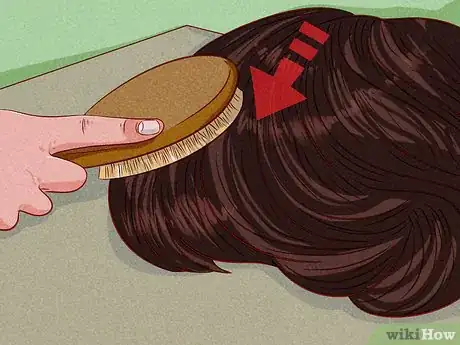
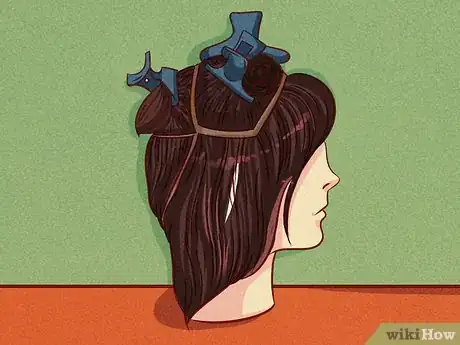
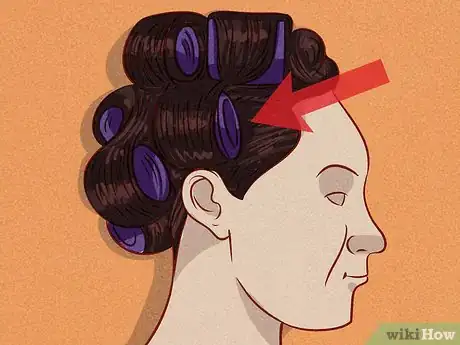
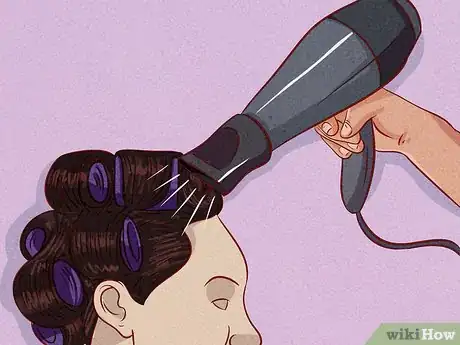
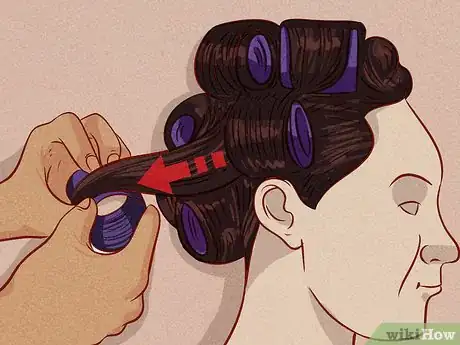
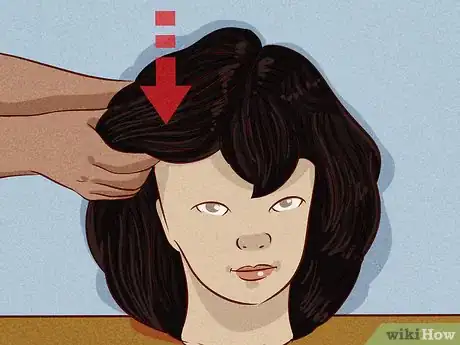
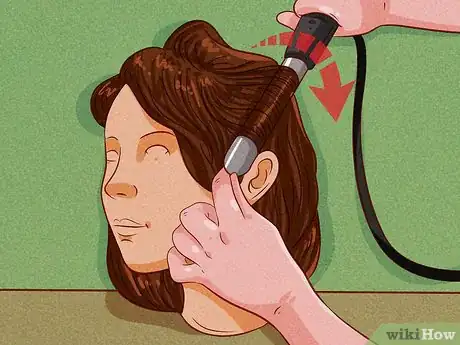
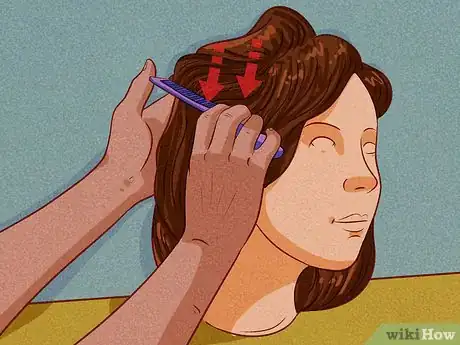
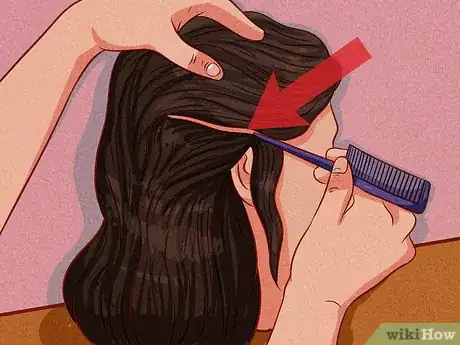
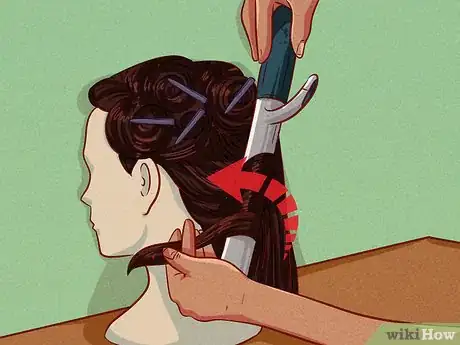
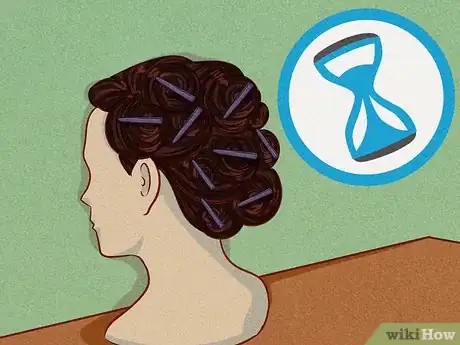
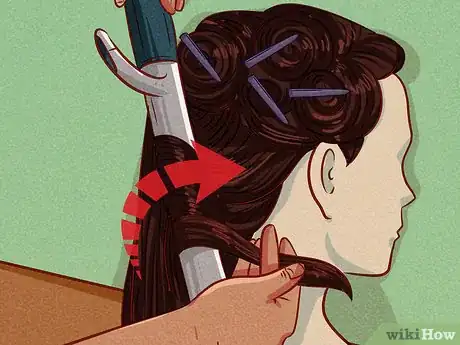
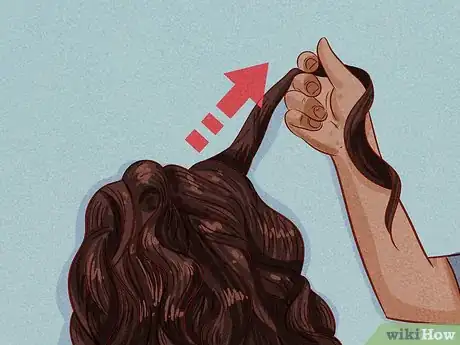
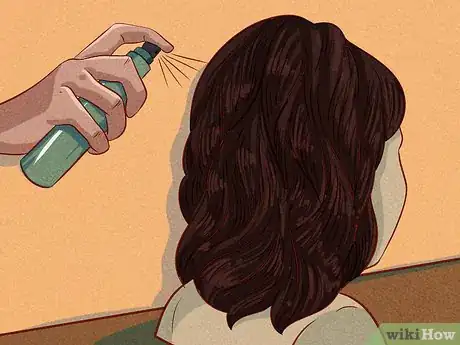
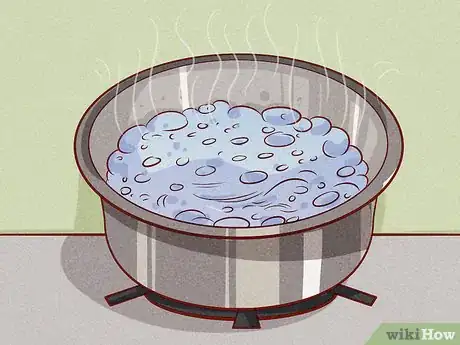
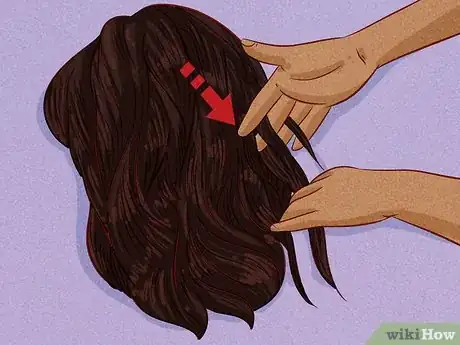
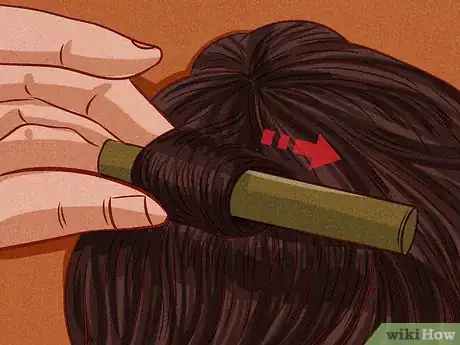
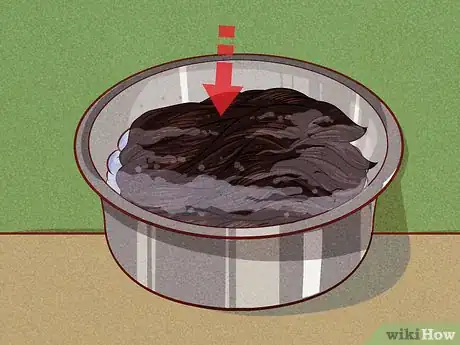
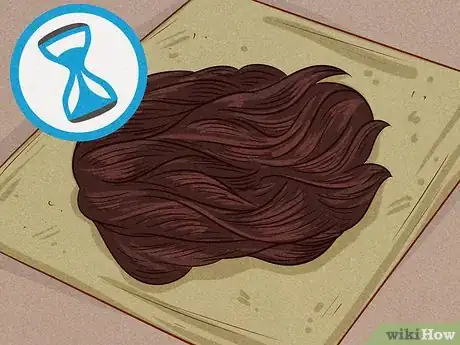
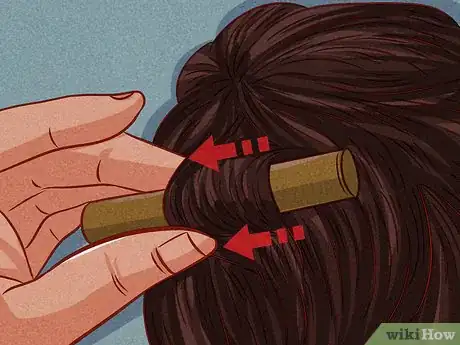
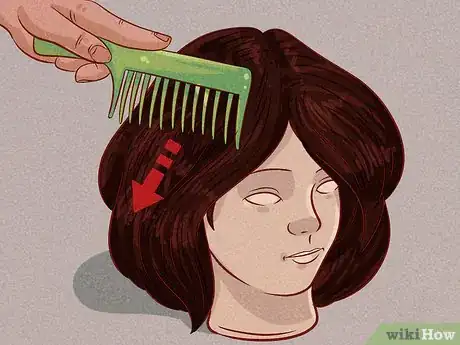
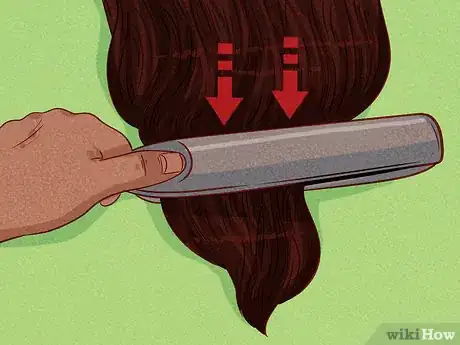
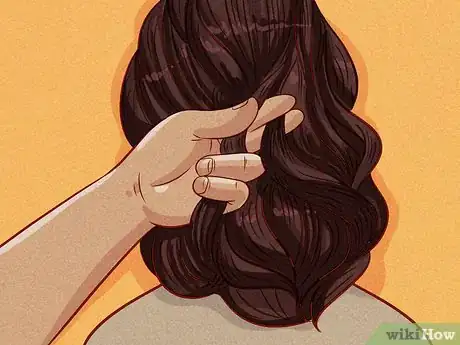
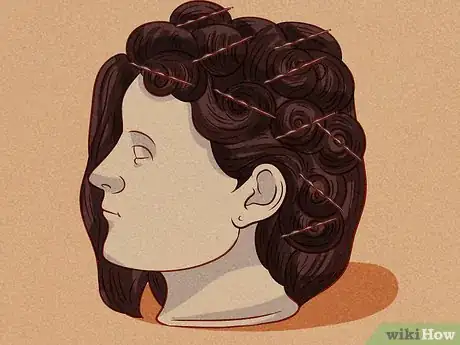
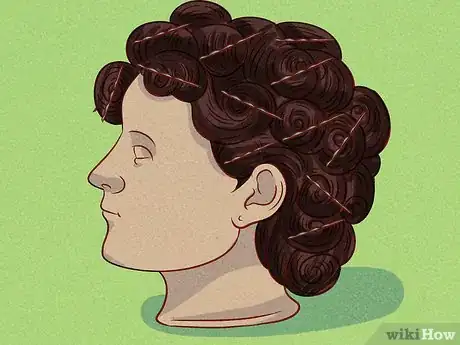
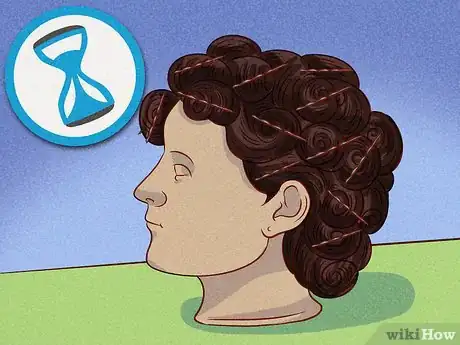
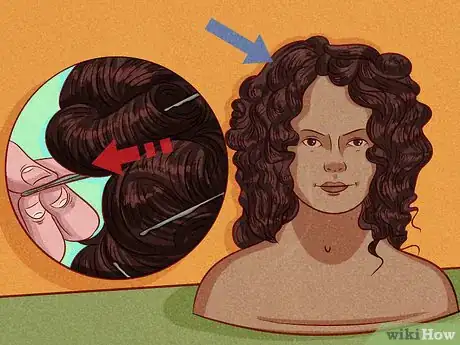
-Step-12-Version-4.webp)
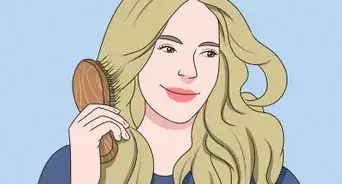
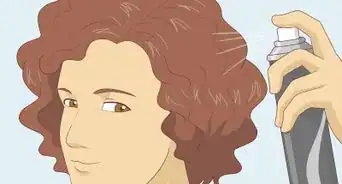
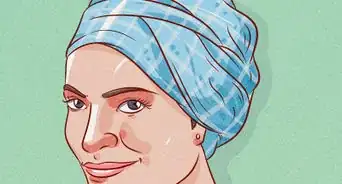
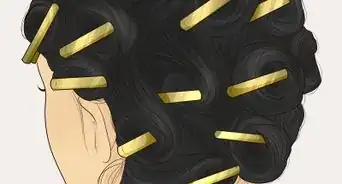
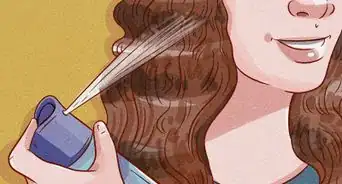
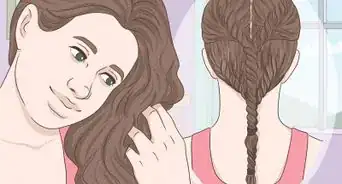
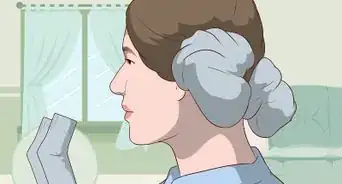
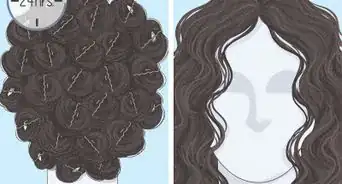
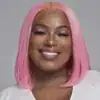







-Step-12-Version-4.webp)

